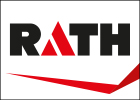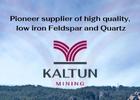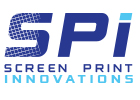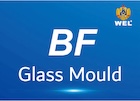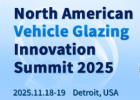The Glass Manufacturing Industry Council (GMIC) has been selected by the U.S. Department of Energy to receive $3 million in funding to research electric melting in glass manufacturing.
The research is intended to reduce greenhouse gas emissions and help move the nation toward a net-zero economy.
The GMIC project was one of 49 selected, totaling $171 million in federal funding.
Marie Kistler, GMIC President and a Market Manager at Air Products’ organisaton, said: “The submission and selection of the GMIC-led application for DOE funding is a great step forward for the industry.
“The efforts of GMIC members and partners have led to increased recognition of the glass industry’s important role in decarbonising America’s industrial sector and the project results will benefit glass producers across multiple sectors.”
Partners on the project team are the Pacific Northwest National Lab (PNNL) in Richland, Washington; RoMan Manufacturing in Wyoming, Michigan; Toledo Engineering Company (TECO), and CelSian, both in Toledo, Ohio.
With two recipients based in Northwest Ohio, Congresswoman Marcy Kaptur (OH-09) said: “As a region with a rich history in glass production, it is encouraging to see this $3 million federal award from the Department of Energy come back to the Glass City and Northwest Ohio.
“This partnership between GMIC and its partners and the Department of Energy is a major step forward for glass production that moves us toward further decarbonisation and a sustainable future.
"Glass and derivative industries remain vital for Northwest Ohio. I am pleased to assist in efforts to help keep our region competitive and at the forefront of glass manufacturing for generations to come.”
The project team will bring together extensive expertise in glass manufacturing, electric melting, lab-scale experimentation, computer modeling, and engineering solutions.
Scott Cooper, Technical Director USA of CelSian, and principal investigator on the project, said: “Electric melting has been successfully used at a commercial scale to make high-quality, industrial glass.
“However, some challenges have prevented its widespread adoption in higher-volume applications like container and flat glass production.
“Our project aims to address these challenges, advance electric melting technology for sustainable glass production, and provide viable options for the glass industry’s journey toward a lower-carbon future.”
Results of the anticipated three-year project will be shared in publications, community outreach efforts and at the annual Glass Problems Conference, organised by GMIC.




